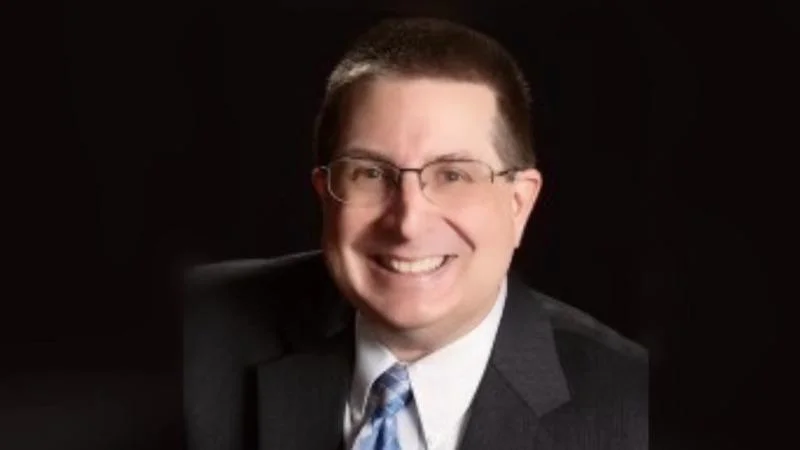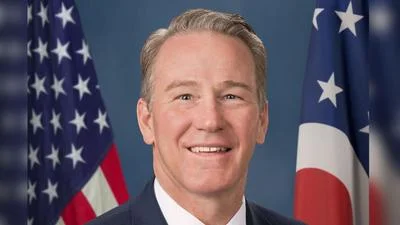Dean Rieck, Executive Director at Buckeye Firearms Association | LinkedIn
Dean Rieck, Executive Director at Buckeye Firearms Association | LinkedIn
Late Friday night, Republicans introduced revised text to the reconciliation bill in an attempt to align with the Senate parliamentarian's interpretation of the Byrd rule. The new proposal maintains short-barreled rifles, short-barreled shotguns, any other weapons, and suppressors under the National Firearms Act of 1934 but reduces their tax stamp fee to $0. However, the tax stamp fee for machine guns and destructive devices remains at $200.
The Byrd rule, named after former U.S. Senator Robert Byrd of West Virginia, dictates that only budgetary and tax items can be passed through reconciliation. Unlike standard bills requiring a supermajority of 60 votes due to the filibuster, a reconciliation bill needs only 50 votes in the Senate. Republicans argued that since the NFA is classified as a tax law by the U.S. Supreme Court in 1937, it could be altered through reconciliation. Democrats countered that it was a policy issue and not suitable for reconciliation.
Senate Parliamentarian Elizabeth MacDonough ruled that both the Hearing Protection Act (HPA) and the Stop Harassing Owners of Rifles Today (SHORT) Act violated the Byrd rule. She concluded that the tax was meant to enforce the NFA rather than establish it for taxation purposes—a view differing from that of the Supreme Court in 1937.
Ms. MacDonough has been criticized for her rulings on previous legislation, including cuts to benefits for illegal immigrants within Trump's "One Big Beautiful Bill." Although her role is advisory and not binding, Senate Majority Leader John Thune has pledged to follow her guidance.
Republicans have refrained from overruling MacDonough despite past instances where Democrats have done so, such as when judicial appointees were affected by changes made during Harry Reid's tenure as Majority Leader.
Following MacDonough's rejection of both acts on Friday, gun owners inundated Thune’s office with calls and emails demanding action against MacDonough or urging him to ignore her advice. By evening, his office voicemail was full, and attempts to reach him resulted in busy signals.
Several pro-gun organizations issued a joint letter condemning what they perceive as partisan actions by MacDonough. They urged that if her decision is upheld, at least reducing the tax stamp fee should proceed.
Democrats have opposed this reduction citing Byrd rule violations despite utilizing reconciliation themselves for measures like the Affordable Care Act. Ultimately, Republicans may defer to an unelected Democratic official on gun rights protection.
Republished with permission from AmmoLand.






 Alerts Sign-up
Alerts Sign-up